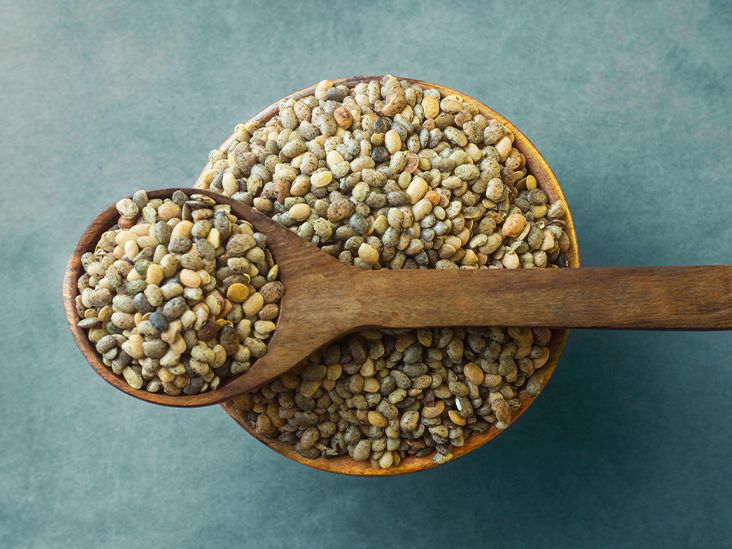Exploring the Effectiveness of Horse Gram for Weight Management

Exploring the Effectiveness of Horse Gram for Weight Management
Horse gram, a traditional legume known for its unique flavor and texture, is a staple in various Southeast Asian cuisines. Praised not just for its culinary uses, this legume boasts an impressive array of nutrients and medicinal properties. Many believe that horse gram can assist in weight management and address various ailments. In this article, we will delve into the benefits, potential side effects, and practical applications of horse gram.
What is Horse Gram?
Horse gram, scientifically known as Macrotyloma uniflorum, is a legume native to regions of Southeast Asia. Its tough exterior and distinct flavor make it a versatile ingredient in many dishes, especially in India, Malaysia, and Sri Lanka. Traditionally, horse gram has been utilized in folk medicine for treating conditions such as fevers, infections, hemorrhoids, and kidney stones.
Health Benefits of Horse Gram
Horse gram is associated with several health benefits, particularly in supporting heart health and aiding weight management.
Nutrient-Rich Profile
This legume is a powerhouse of essential nutrients. Like many legumes, horse gram is particularly high in protein and fiber, which are important for regulating blood sugar levels and controlling appetite. It also contains significant amounts of iron, phosphorus, and vitamin C.
- Iron: Crucial for transporting oxygen and supporting DNA synthesis.
- Vitamin C: Essential for immune function and skin health.
- Phosphorus: Important for healthy bones and energy production.
Potential Weight Management Support
High in fiber and protein, horse gram may aid in weight loss efforts. A review of studies has suggested that increased legume consumption correlates with a lower obesity risk. Although human research is limited, some animal studies have demonstrated that horse gram extracts may help mitigate weight gain and reduce body weight.
Benefits for Heart Health
Emerging studies indicate that horse gram may enhance heart health by lowering cholesterol levels and reducing inflammation. Research in rats has shown that extracts from horse gram can effectively decrease total cholesterol, LDL cholesterol, and triglyceride levels — all of which are vital factors in cardiovascular health.
Possible Side Effects
While horse gram is highly nutritious, it’s worth noting a few potential side effects:
- Contains raffinose oligosaccharides, which may cause gas and bloating, particularly when consumed in large amounts.
- Allergic reactions are rare but have been documented.
- Contains phytic acid, which can impede the absorption of certain minerals. Nonetheless, cooking, soaking, or sprouting the seeds can significantly reduce its levels and enhance nutrient absorption.
Ways to Include Horse Gram in Your Diet
Horse gram can be incorporated into a variety of delicious dishes. It is often used in:
- Soups
- Stir-fries
- Curries
- Dals
Preparation typically involves soaking or sprouting the seeds, followed by boiling or pressure cooking, often with added spices. Roasted seeds can also be mixed with herbs and ground into a powder for seasoning.
Conclusion
Horse gram is a nutrient-dense legume, making it an excellent addition to various Southeast Asian recipes. While research regarding its effects on human health is still limited, animal studies suggest it could support weight management and improve heart health. However, be cautious of potential digestive issues and the presence of phytic acid, which can be mitigated through proper preparation methods. Ultimately, horse gram can be a versatile and nutritious ingredient to enhance your meals.
